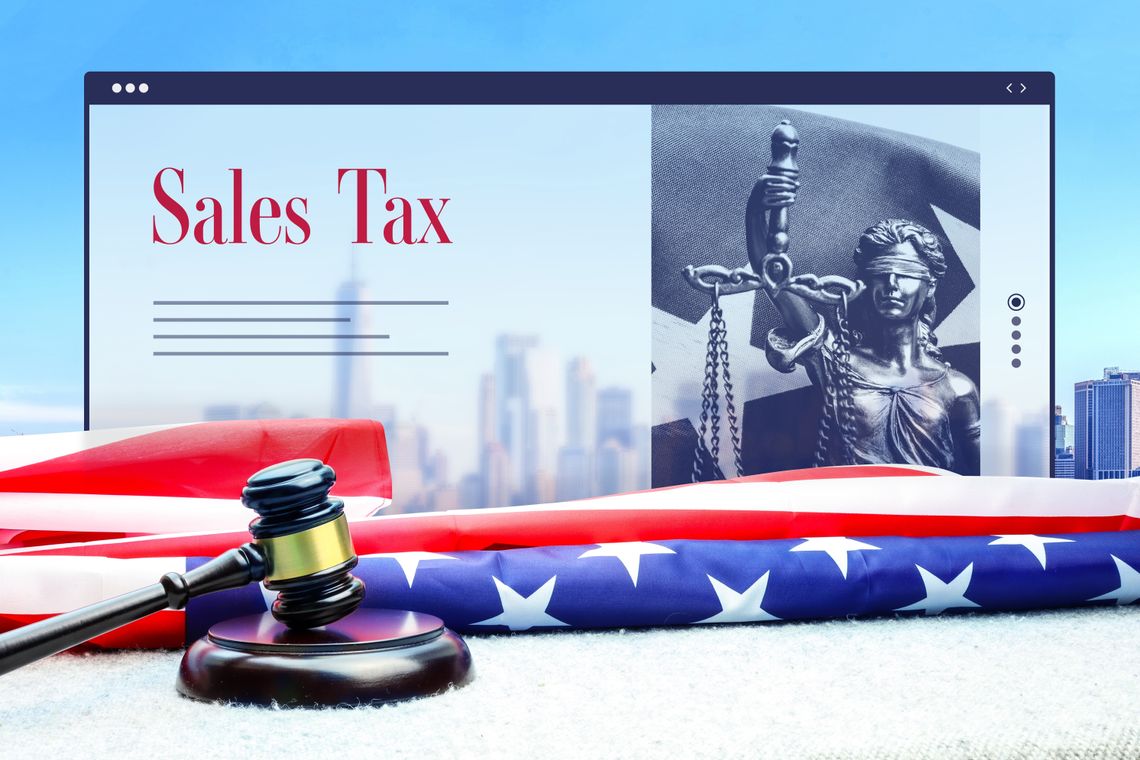While Taylor and the region are seeing unprecedented growth in sales-tax collections, that progress is tempered by higher rents, increased costs and rising property valuations, officials say.
This year will be one of those telling years for Taylor and neighboring cities, some of it prompted by the emergence of what will become one of the region’s largest employers, Samsung Austin Semiconductor, with an expected workforce of nearly 2,000 after going operational in 2024.
While a growing permanent population will help more businesses than just restaurants, convenience stores and some retailers, many are facing what Greater Taylor Chamber of Commerce President and CEO Tia Rae Stone called a “resource gap.”
Stone said the boom in business is checked by the rising value of property in the area, which comes in the form of higher taxes for those who own their buildings and higher rents for enterprises leasing space.
Combine that with inflation on goods and services used by businesses and higher labor costs, and many businesses find themselves just offsetting the difference, she added.
Still, there is progress, city and county officials maintain.
The sales-and-use tax allocation to Taylor rose an unprecedented 69% to $9.8 million last year, according to data from the Texas Comptroller of Public Accounts. Two cents on every dollar spent on items and services subject to the sales-and-use tax come back to the city every month while another 6.25 cents go to the state.
What happened in 2023, however, dwarfs the previous year’s gains with more than $23 million returned to the city through November. State allocations to the city lag the actual sales taxed by two months, so that figure represents revenue from November 2022 through this September.
Part of that comes from increased spending thanks to many construction workers, new employers, visitors and the growing population in the area.
That has created some additional income for several cities in the region, including significant gains for Hutto, Granger and Coupland.
The great triumph, however, stems from a deal struck earlier this year between Samsung Austin Semiconductor, owned by South Korea-based Samsung Electronics Co. Ltd., and Taylor that captures the “use” portion of the sales-and-use tax on equipment and construction materials used to build the $17 billion advanced silicon chip foundry.
Instead of contractors paying for those items and paying tax on where it was purchased, Samsung pays for them directly and the 2% use tax goes to the State Comptroller’s Office, and then is passed on to Taylor where the construction is happening and the equipment is installed.
It will provide an estimated $6 million a year in addition to the property taxes collected on the land and its improvements, according to the city.
Those dollars are then split with a half cent going to the Taylor Economic Development Corp., a half cent toward property-tax reduction efforts and 1 cent to Taylor’s general fund. In exchange for Samsung’s separating out the contracts and capturing that revenue for the city, the tech giant will receive a payment from the general fund that contractually won’t exceed $9 million over the course of the next 15 years.
“This has really expanded the city’s ability to do things,” said Taylor spokeswoman Stacey Osborne. That includes paying for emergency expenses such as the costly cleanup from February’s ice storm that damaged trees and property across the city, she added.

In addition, construction workers on the project spent nearly $20 million on goods subject to sales tax in Taylor last year, according to data gathered by Austin-based economic and research firm Impact DataSource. The Taylor sales tax earns it 2% of those expenditures back from the state, putting $398,113 into city coffers.
Permanent workers related to the job site spent $6.35 million in Taylor for a sales tax return of another $127,103.
The city’s sales-and-use tax revenue is up $1.2 million to $1.7 million each month this year over the same months in 2022.
Hutto’s sales-tax revenue growth year over year was substantial before the recent spending boost and its own surge in spending on taxable goods and services continues with more large and small businesses opening every month.
From 2015 to 2019, Hutto sales-tax revenue increased 80% to $5.75 million. By 2022, it had jumped to nearly $11 million and is on track to surpass $12 million in 2023, an analysis by of state Comptroller’s Office data shows.
“Any growth is going to bring business to us,” said Misty Faglie, who owns Hutto Flower Market & Boutique in Hutto with husband Shawn Faglie. “We have a lot of people passing through. We get new faces in all the time.”
Misty Faglie said they have been pushing hard to get the shop’s name out in the community since opening in 2019. A move to downtown and an expansion beyond flowers into boutique items such as clothing has led to more walk-ins.
The economic boom, however, isn’t evenly applied across businesses in the area — at least for now.
“The first people who are benefiting are the restaurants,” Stone said.
The famed Louie Mueller Barbecue is getting a business bump from Samsung-related visits, she said. A visit to the tourist hotspot in September after a job fair that included numerous Samsung suppliers found a late-afternoon crowd of representatives from South Korean companies, tourists from San Antonio and sprinkling of locals.
In addition to eateries, Stone said Chamber members such as Taylor Office Products, Taylor Sporting Goods and even a bookkeeping firm, Common Sense, are reporting increased sales and even the need to hire to keep up with new clients. The sporting goods company is getting a stream of custom T-shirt orders from Samsung contractors, according to Stone.
The anticipation of a hot business climate in east Williamson County prompted family-owned Guzman Automotive to open their first location Nov. 6 on U.S. 79 on the east side of Taylor, according to the company’s LinkedIn page. While they provide everything from state inspections to a full suite of automotive repairs, they also are set up to service fleets of vehicles for the companies moving to the area to supply Samsung.
Locations also are in the works in Jarrell and Liberty Hill in west Williamson County.
A study on future retail demand by analytics company The Retail Coach for Taylor, estimated some of the greatest growth in spending in the next five years would be on restaurants of all types and drinking establishments.
The demographic-trade area for Taylor is identified as most of east Williamson County, excluding Hutto.
It showed restaurants and drinking establishments, collectively, as one of the biggest winners in expected demand, increasing more than 18% in five years to $132.7 million a year by 2028. General merchandise stores in the Taylor area are forecast to grow in revenue, while specialty clothing stores catering to just men, women or babies and children are expected to remain flat or see a drop in business, according to the report.
While Stone said she is confident in long-term growth for all sorts of businesses, property valuations are rising at a rate without the revenues to support higher taxes, thereby creating a resource gap.
“How long will that take to pay off?” Stone asked.
Williamson County Judge Bill Gravell contends that it already is paying off, mostly in the ways that some Chamber members, such as restaurants, have seen.
“A million dollars a month increase in tax revenue in a city the size of Taylor is a monstrous amount of money,” Gravell told KLBJ radio’s “Todd & Oz” show in late October.
“I was at … Southside (Market barbecue in Hutto) having my favorite sausage. There were 38 people in line to eat lunch, and of out of those 38 folks in line half of them had on Samsung nametags,” he told the radio-show hosts. “So you’re seeing the revenue for Taylor beginning to increase. I think you’re also seeing it for Hutto.”
Citing President John F. Kennedy’s axiom about the economy that a rising tide lifts all boats, Gravell said, “Samsung’s ship is so massive that it is going to lift the region exponentially. Perhaps some of those businesses haven’t seen it as of yet, but I’m telling you it is here and it will be here for many, many years to come.”
For now, the Taylor Chamber’s Stone said, they will work to promote local businesses in the short term and for longterm prosperity.
“The Samsung employees, when they leave work they can go south to Elgin or turn north to Taylor,” Stone said of where they will decide to live, shop and use services. “We are doing what we can to get them to choose Taylor.”




Comment
Comments